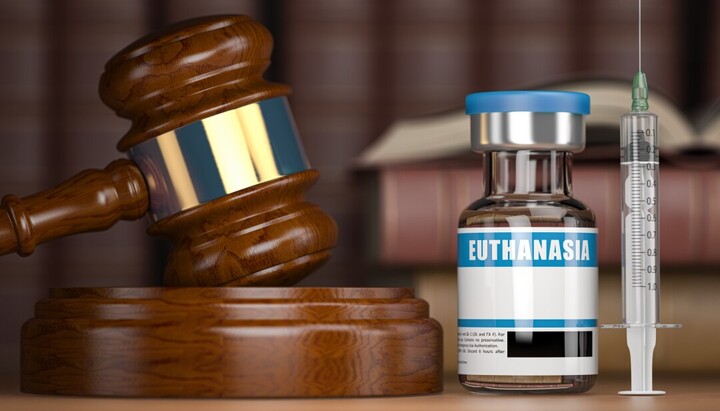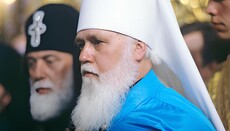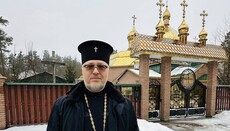What makes euthanasia dangerous?

On June 9, 2024, a referendum on maintaining the right to euthanasia was held in Geneva, with over 76% of voters backing it.
On the one hand, helping a terminally ill person who is enduring severe pain and suffering to end their life may seem compassionate. However, there are two arguments against euthanasia: one practical and the other theological.
From a practical perspective, the danger of euthanasia lies in its potential for gradual misuse. Today, as an exception, we assist a hopelessly ill and severely suffering person in ending their life with their consent and the agreement of their close relatives. Tomorrow, their consent may no longer be required – first in cases of mental incapacity and later simply based on decisions by relatives or medical personnel. Today, we limit the option of euthanasia to a very small number of severe diagnoses; tomorrow, this list could expand, and the day after, it might suffice for someone to merely express a desire to die, possibly due to despondency or depression. The progressive relaxation of euthanasia criteria seems inevitable. Where could this lead in the end?
While it might still be possible to establish a clear criterion on practical grounds and enshrine it in law (though this offers no guarantees), overcoming theological objections is entirely impossible.
God has given us a simple commandment: "Thou shalt not kill." A person comes into being not by their own will and should not transition to eternity by their own will either. This is God's will. When a person claims for themselves what belongs to God, they place themselves in God's stead. When a person takes another's life, they take away a life given by God, acting against His will. It is impossible to be more merciful than God – even in situations where we cannot comprehend why a terminally ill person suffers. From our human reasoning, it might seem more compassionate to end their suffering. Yet, we only see what is here and now, while God sees everything: earthly and heavenly, temporal and eternal. God loves a person more than their loved ones do – even more than the person loves themselves.
Euthanasia is a rebellion against God, against His providence and His mercy. It is an attempt to replace them with our human judgment and compassion. But if we reject God here on earth, how are we going to live without Him in eternity?











